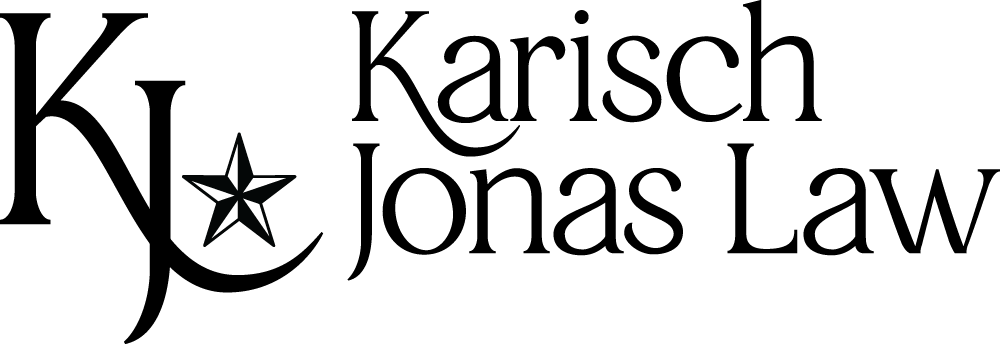Will unsworn declarations invade probate practice?
(This is one of a series of posts about 2011 legislation.)
Because of HB 3674, which flew under the radar in 2011, arguably it is no longer necessary to have a notary in most cases were a sworn statement or affidavit is made. The statute amends Section 132.001 of the Civil Practice and Remedies Code – which previously only dealt with unsworn statements by inmates – to provide that an “unsworn declaration may be used in lieu of a written sworn declaration, verification, certification, oath, or affidavit required by statute or required by a rule, order, or requirement adopted by law.” The unsworn declaration must be in writing and subscribed by the person making the declaration as true under penalty of perjury. A specifc form of non-notarized jurat must be used. There are exceptions for an oath of office or an oath required to be taken before a specified official other than a notary public. The bill becomes effective September 1, 2011, and applies to unsworn declarations made on or after that date.
Is a will containing an unsworn declaration self-proved as required by Section 59 of the Probate Code? Probably not. For one thing, the testator and each witness would have to make an unsworn declaration, not just the testator. For another, a court is likely to find that the use of an unsworn declaration is not “in form and contents substantially” as required by Section 59. Also, since the consequences of a court’s refusal to accept an unsworn declaration on a will is that it is not self-proved (rather than that it is not entitled to probate), it is hard to imagine anyone appealing a decision of a court refusing to accept it.
Sworn statements are permitted or required at least 70 times in the decedents’ estates portion of the Probate Code. (The author grew tired of counting before getting to guardianships.) With some of these statutes, it may be appropriate to permit someone to make an unsworn declaration under penalty of perjury rather than a notarized statement. In others, it clearly is a bad idea.
Time will tell if probate judges will permit the use of these declarations. In the meantime, the simple, worry-free answer for a probate practitioner is to use notarized sworn statements and affidavits.

